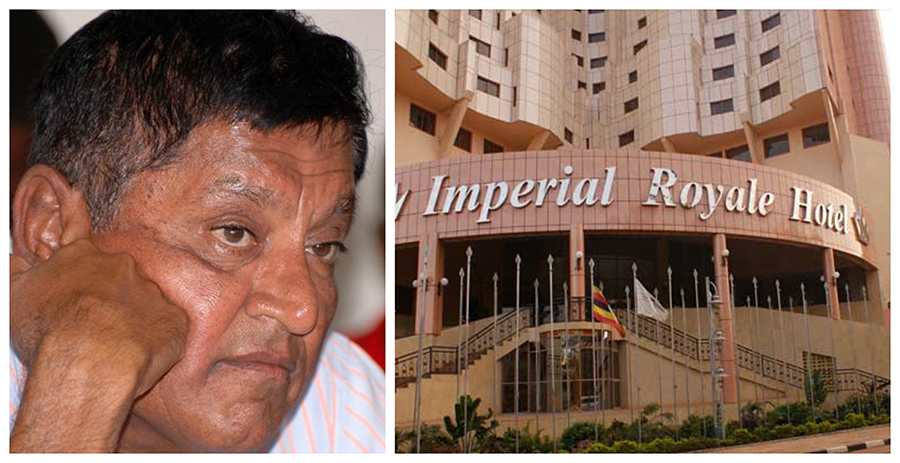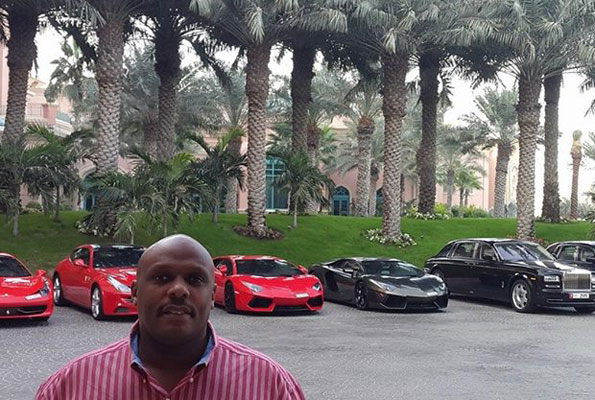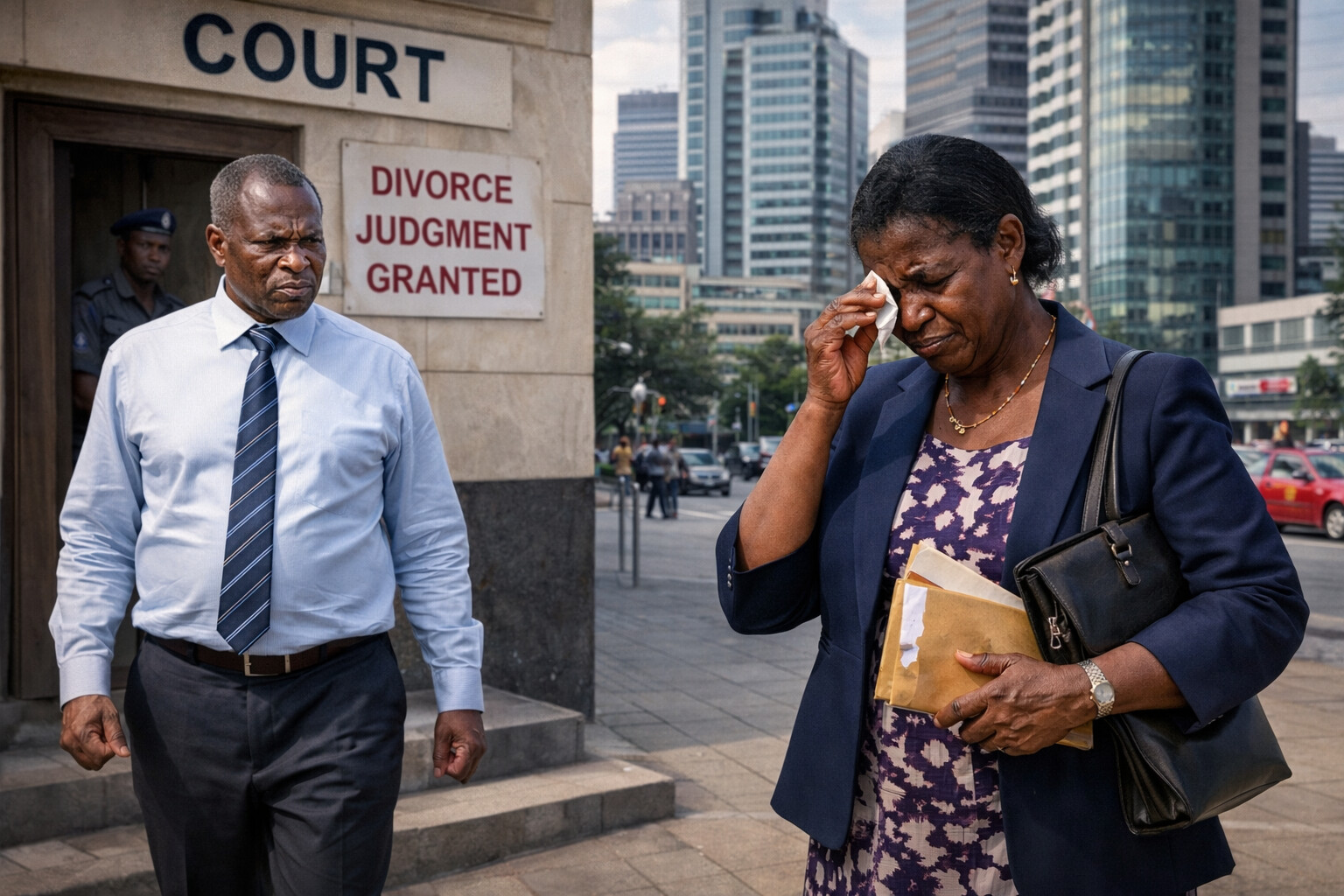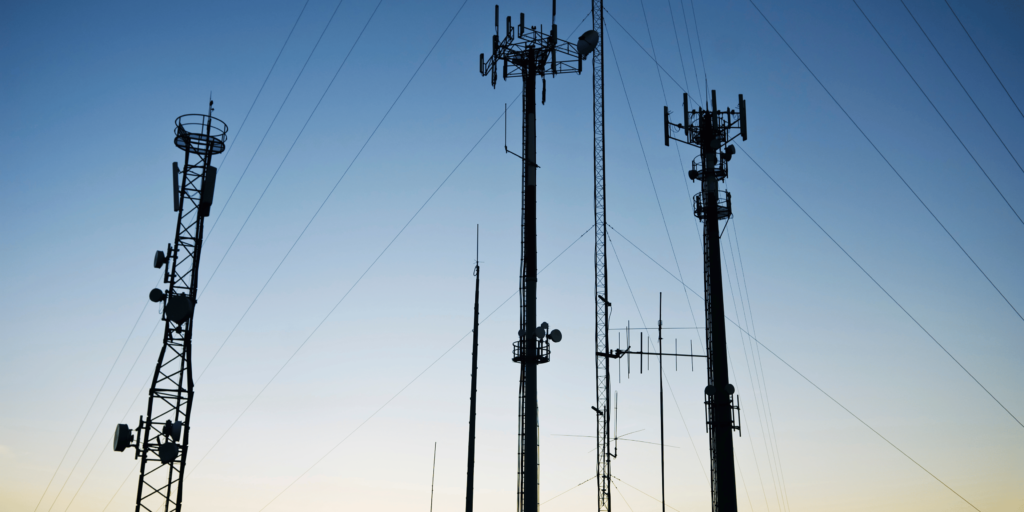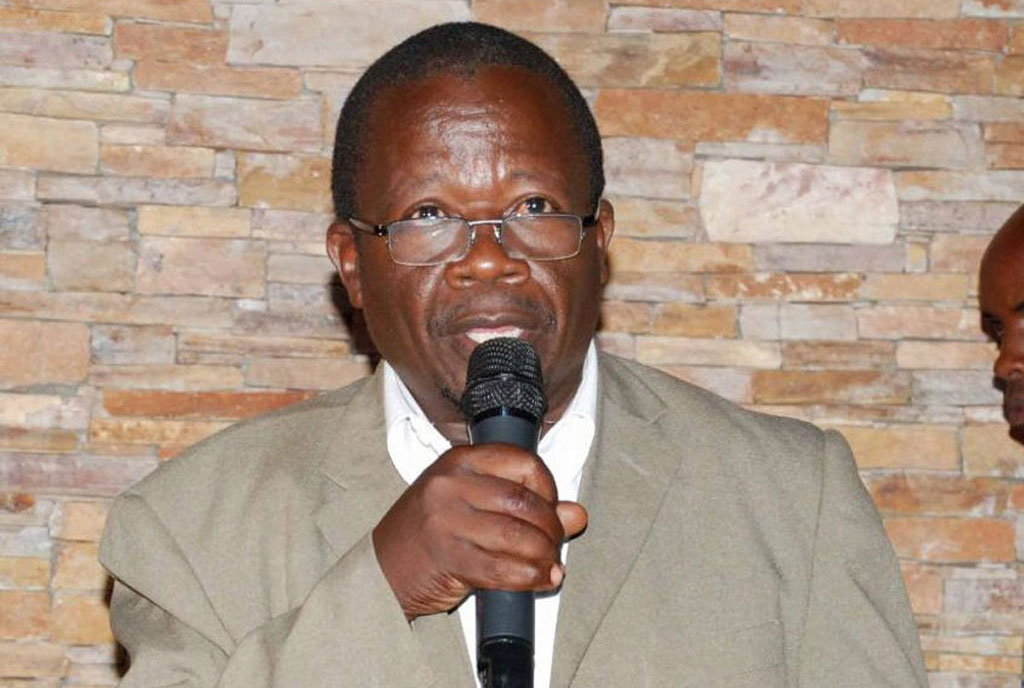The Court of Appeal has ordered Imperial Royale Hotel to pay the government Shs 5.6 billion for breach of contract during the 2007 Commonwealth Heads of Government Meeting (CHOGM) held in Kampala. The hotel is owned by prominent businessman Karim Hirji.
In 2007, the Ministry court of Foreign Affairs entered into an agreement with Imperial Royale Hotel for the provision of conference facilities and accommodation for the CHOGM delegates.
The total value of the contract was Shs 8.7 billion ($2.5 million).
Under the deal, the government booked 300 rooms and guaranteed payment for them regardless of whether they were all occupied. This was to compensate the hotel for potential loss of business during the event, which was held from November 23rd to November 26, 2007.
In return, Karim’s hotel guaranteed that all its facilities would be in full operation and capable of use by 31st August 2007.
The government fulfilled its part by paying the full amount upfront. It even hired an audit firm, Messrs Johnson & Nyende, to monitor the funds.
Yet despite the payment, the government said the hotel’s facilities were not complete and could not be occupied by delegates from October 26 as had been agreed.
Mufti Shaban Mubajje tried to ‘steal’ school land in Nansana. Court has fined him Shs 70 million
In 2009, the government sued the hotel seeking to have its money refunded plus special damages for breach of contract.
But the hotel fought back, arguing it was ready for occupation by October 24, 2007. It is even producing an Occupation Permit from the city authorities as proof.
It claimed that the government’s delegates simply did not show up, and that its managing director had even sent an email to a senior official expressing concern about the empty rooms.
Imperial Royale also argued that the government’s claim for a full refund ignored the commercial risk the government had taken by block-booking rooms.
In February 2016, the High Court ruled in favour of the government. The court found that the hotel was not ready to receive guests until November 18, 2007, and therefore breached the contract. The court ordered Imperial Hotel to refund the government $1.4 million and another Shs 800 million in general damages.
Aggrieved by this decision, the hotel appealed in 2017, raising six grounds to challenge the ruling.
This week, the Court of Appeal, in a judgment written by Justice Moses Kazibwe Kawumi and supported by Justices Oscar John Kihika and Irene Mulyagonja, dismissed all six of the hotel’s arguments.
The court found that several of the hotel’s grounds of appeal were either improperly pleaded or raised issues not presented during the initial trial.
For instance, the hotel argued that the security cordons during the event made it impossible for construction to continue after 2 October 26, a ground the judges rejected because it was never part of its original defence.
The court also upheld the High Court’s finding that the hotel had charged some guests higher rates than those agreed in the contract, further confirming the breach.
Regarding the occupation permit, the judges said testimony from a Kampala Capital City Authority (KCCA) official cast doubt on its authenticity. The permit was issued for two plots of land when, according to the official, one of the plots was still at foundation level.
Finally, the court dismissed the hotel’s argument about the email it sent, noting that the contract specified a formal contact person and a postal address for official communications.
“Sending an email to a different official’s personal address did not constitute proper communication under the agreement,” the judges ruled.
It is not clear whether Imperial Royale will appeal to the Supreme Court.



